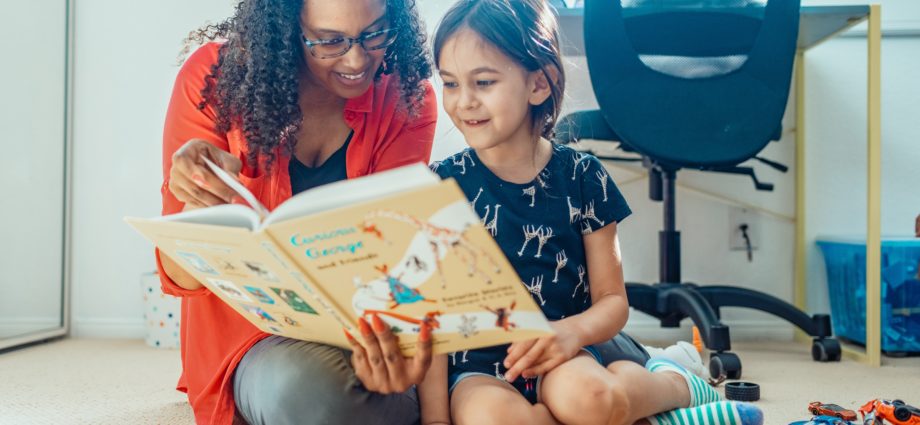1. Supplies for home and fire safety
No matter who gives the license, foster homes have to meet certain requirements. A State Fire Marshal will come to your home to check for fire and health safety and you will be told what you might need, such as a fire extinguisher (one for each floor of the house), smoke detector basics, carbon monoxide detector equipment, electrical outlets, and baby safety and proofing equipment.
2. First Aid Kit
Accidents happen and first aid supplies like a simple bandage will come in handy. When you’re out and about with a bunch of kids, it’s helpful to have first-aid supplies in each car you may use and on each floor of the house for speed and convenience.
3. Medicine for kids and a medicine box that locks
When a child starts attending school or maybe even a daycare facility for the first time, they are more likely to get sick. Foster families are supposed to keep medicines out of reach of children, and one way to do this is with a locked medicine box. You might not need to have children’s medicine on hand ahead of time, but it’s good to have a thermometer.
4. Document Organizers
You quickly find out that foster care involves a lot of paperwork. With each child who comes and goes, there are so many things to keep track of. You might want to start a binder or file box about foster care. Some families use a family calendar or a bulletin board to keep track of visits, appointments, and meetings.
No matter if they are going to daycare, school, or just to a friend’s house, kids will need something to carry their things in. If you are going to have a baby, you might need a diaper bag. Families with school-aged children may want to have a variety of backpacks, notebooks, pens, pencils, and art supplies so that they don’t have to run to Walmart at midnight when they get a new placement. These are excellent items which can be donated.
6. Picture Frames
It is important to keep a record of what foster kids do. This is a way for them to stay close to their birth family and also feel like they belong in their new home. You might want to think about how you will honor your kids by hanging photos, showing off their artwork, and writing about their time in your home. You don’t have to buy anything ahead of time, but I think it’s fun for kids to have photo albums or photo frames so they feel like they have some control over their space.
7. Children’s Books
Reading together as a family is a great way to get to know each other and avoid having to talk about things you don’t know much about the first few nights you’re living together. You can also talk about tough topics, like foster care, by reading stories.
8. Bedding
Before a new placement comes, you want to have the basics ready, but you never know when that will be. Having a variety of sheets, pillows, and blankets is helpful for a middle-of-the-night placement of a tired person who has had a hard day. It’s so important for every kid to feel like their room is their own, with things like a special blanket or pillow case and stuffed animals. Something they can call their own for as long as they are there, and then take with them when they move. Even if you don’t think you’ll need them for older kids, it never hurts to have a waterproof mattress and pillow covers already on the bed.
9. Snacks
When you find out you’ve been licensed and are waiting for your first placement call, stock your pantry with easy snacks. Snacks for kids of different ages are, of course, different. But it’s important to have a lot of snacks, especially during the first busy week of a new placement. Having friends lined up to make or deliver a meal is even better!
10. Items for cleaning
Cleaning supplies are an excellent item for new foster parents. They always come in handy as the household adjusts. When you’re a foster parent, you’ll never want to be without Clorox wipes, laundry detergent, and hand sanitizer, all of which make excellent items for donations.
Courtesy Of StemSave
